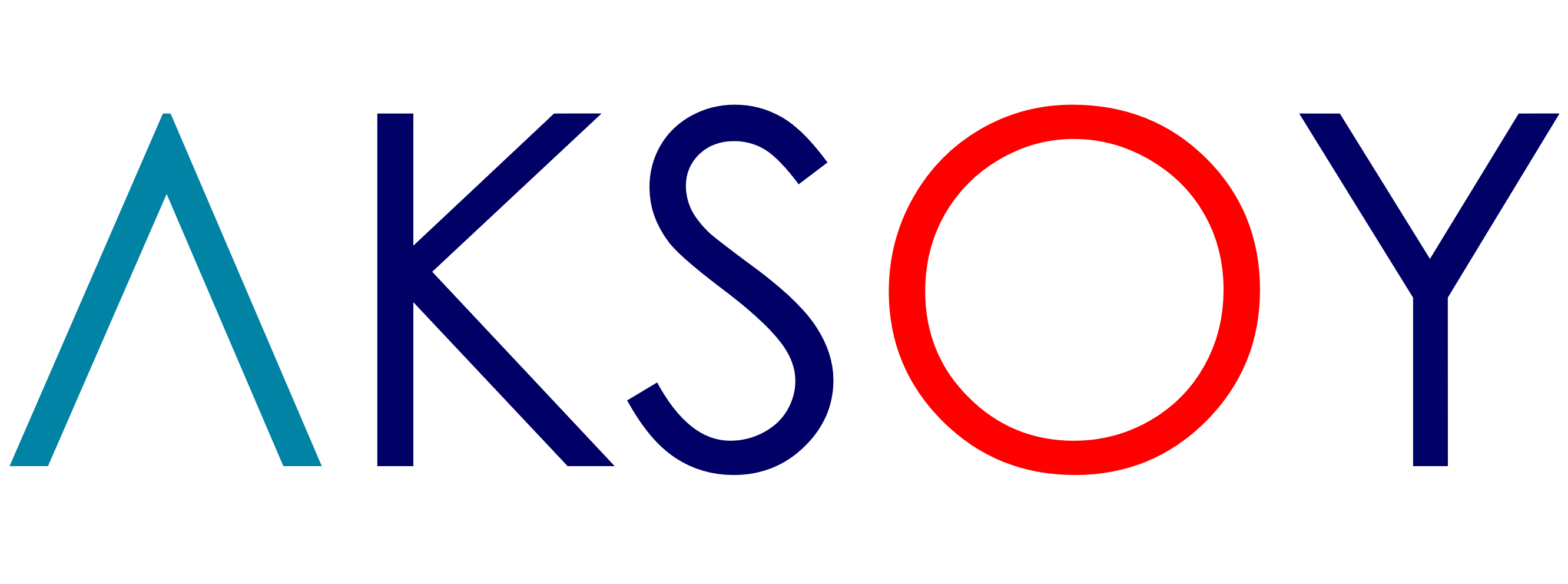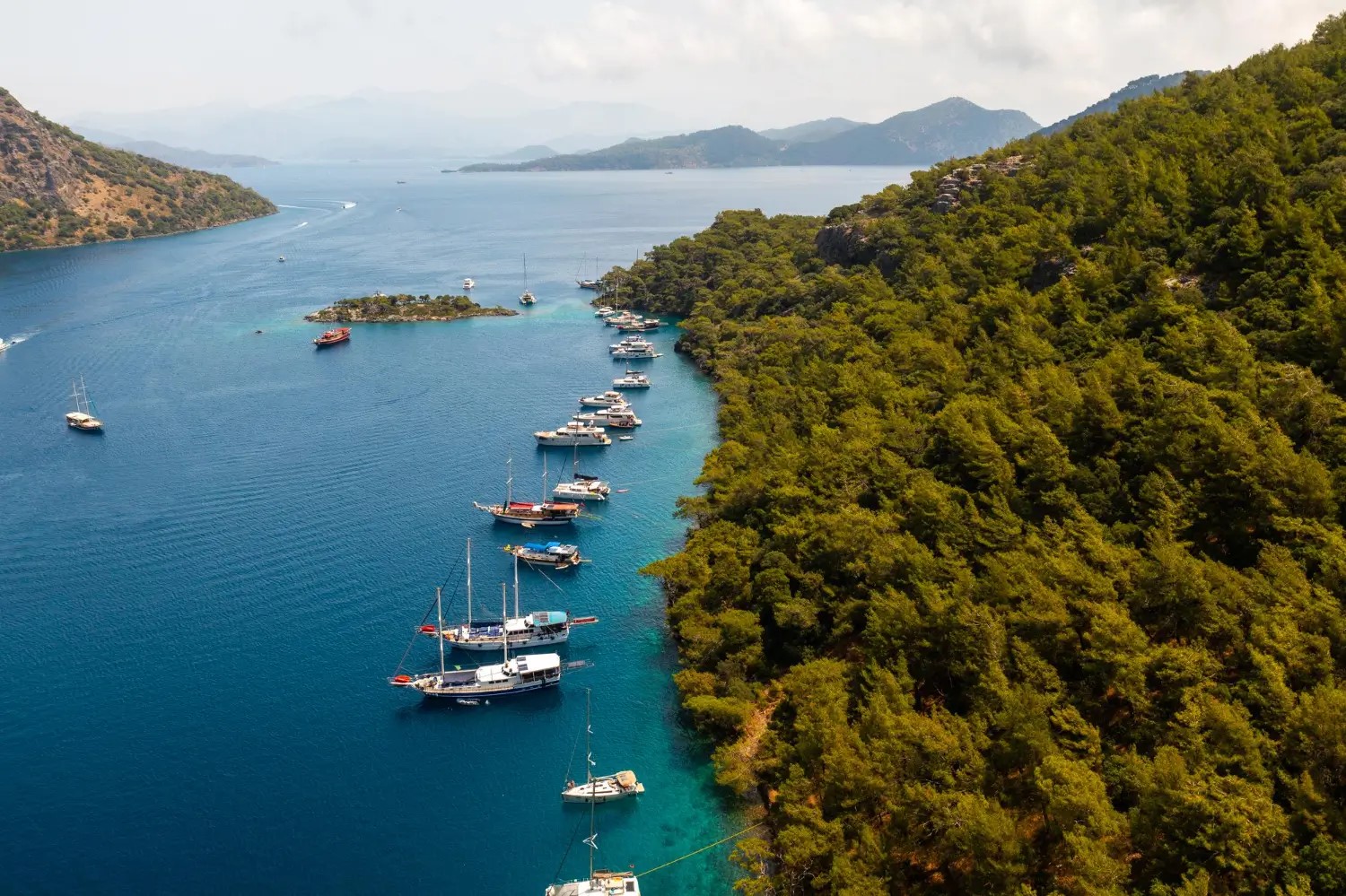Blue Cards & Maritime Waste Application
Türkiye possesses a unique geography in terms of yachting. In this regard, due to increasing yachting activities along the Turkish coasts, controlling marine pollution is extremely important for sustainable maritime. Türkiye is a party to the international convention known as MARPOL, adopted in 1973 (Pro 1978), in order to prevent marine pollution from various sources. Additionally, the “Environmental Code” Nr. 2872 and the “Regulation on the Reception of Waste from Ships and the Control of Waste” are among the regulations in Turkish law that must be observed by both Turkish and foreign-flagged yachts owners.
About Blue Card System
With the implementation introduced in 2011, the Ministry of Environment, Urbanization and Climate Change established an electronic system called the “Blue Card,” requiring every yacht to obtain a smart card. This system was designed to monitor both Turkish and foreign-flagged yachts in terms of discharging wastewater and solid waste. Subsequently, the Blue Card system was integrated with the ship waste tracking system (GATS) used for vessels outside the scope of the Blue Card (such as private/commercial yachts over 400 GRT, oil tankers over 150 GRT, and all ships over 400 GRT). This unified system is called the “Maritime Waste Application” (Denizcilik Atıkları Uygulaması, DAU). To reiterate: the Ship Waste Tracking System (GATS) and the Blue Card System (MKS) were merged under a single framework, now known as the Maritime Waste Application (DAU). As part of this integration, physical Blue Cards were discontinued, and instead, yachts are now registered and monitored electronically through a unique number and QR code.
Circular Regarding Maritime Waste Application
In Turkish law, the Circular No. 2022/14 on the Maritime Waste Application, issued by the Ministry of Environment, Urbanization and Climate Change, is currently in force. The unofficial English translation of the Circular has been prepared by us and is presented as an annex to this document for your review. According to the Circular, the Blue Card System, which continues to be implemented under the Maritime Waste Application (DAU) is a waste tracking system that applies to marine vessels other than oil tankers over 150 GRT and other ships over 400 GRT. Accordingly, almost all sailing yachts and motor yachts under 400 GRT fall within the scope of the Blue Card System. Super and mega yachts over 400 GRT, on the other hand, are required to register in the “Ship Waste Tracking System” (GATS) instead of the Blue Card System.
Foreign Flagged Yachts
The Circular does not make any distinction based on the flag of the vessel. In this regard, both Turkish and foreign-flagged private and commercial yachts are subject to the 400 GRT threshold. Accordingly, all yachts under 400 GRT—whether private or commercial or foreign flagged—must be registered in the Blue Card System, while those over 400 GRT must be registered in the Ship Waste Tracking System.
Registration and Responsibilities
According to the Circular, a foreign-flagged yacht entering Turkish territorial waters must be registered in the Blue Card System through coastal facilities (such as marinas) during the transit log (sailing permit) procedures. The Ministry does not charge any fee for this registration process. Following the registration, a unique Blue Card number is generated for each yacht and provided to the relevant party, such as the owner or the captain. According to Article 6 of the Circular, yachts registered in the Blue Card System that have a carrying capacity of fewer than 12 people—including passengers and crew—are required to deliver their wastewater and garbage to a waste reception facility or a waste collection vessel at least once every 15 days during navigation.
Waste Transfer Form
During the waste disposal process, the Blue Card number must be presented, allowing authorities to monitor how frequently each yacht disposes of waste. After the waste is delivered, a Waste Transfer Form is issued by the relevant coastal facility or waste collection vessel and handed over to the yacht’s captain. This form is especially important during inspections carried out by the Turkish Coast Guard within Turkish territorial waters. In this regard, the Circular includes the provision: “Captains must keep the Waste Transfer Form for waste delivered by reception facilities or collection ships.”
Administrative Fine
The Blue Card system in Turkish Yacht Law serves as a monitoring mechanism on pollution. Even if waste disposal activities are recorded in the Blue Card system, individuals who pollute the sea may still face substantial fines under Article 20 of the Environmental Code. Additionally, legal proceedings may be initiated under Article 181 of the Turkish Penal Code for intentional environmental pollution. Furthermore, as mentioned above, similar sanctions apply to yacht owners who cannot prove via the Blue Card system that they have disposed of wastewater and solid waste at least once every 15 days. Therefore, during inspections carried out by the Turkish Coast Guard, yacht operators who are not registered in the Blue Card system, who fail to dispose of waste at the required intervals, or who do not keep the most recent Waste Transfer Form onboard, will be subject to administrative fines.
Application to Administrative Court
Administrative fines imposed by the Turkish Coast Guard authorities in connection with Blue Card and waste disposal inspections may, in some cases, be unlawful. In such instances, the person subject to the fine may file a lawsuit before the administrative courts seeking annulment of the penalty. In these cases, the Ministry of Interior – Coast Guard Command is listed as the defendant. Typically, the court examines the legal basis of the fine without holding a hearing. However, it is possible to appeal the decision rendered by the administrative court to the Regional Administrative Court.



Comments are closed